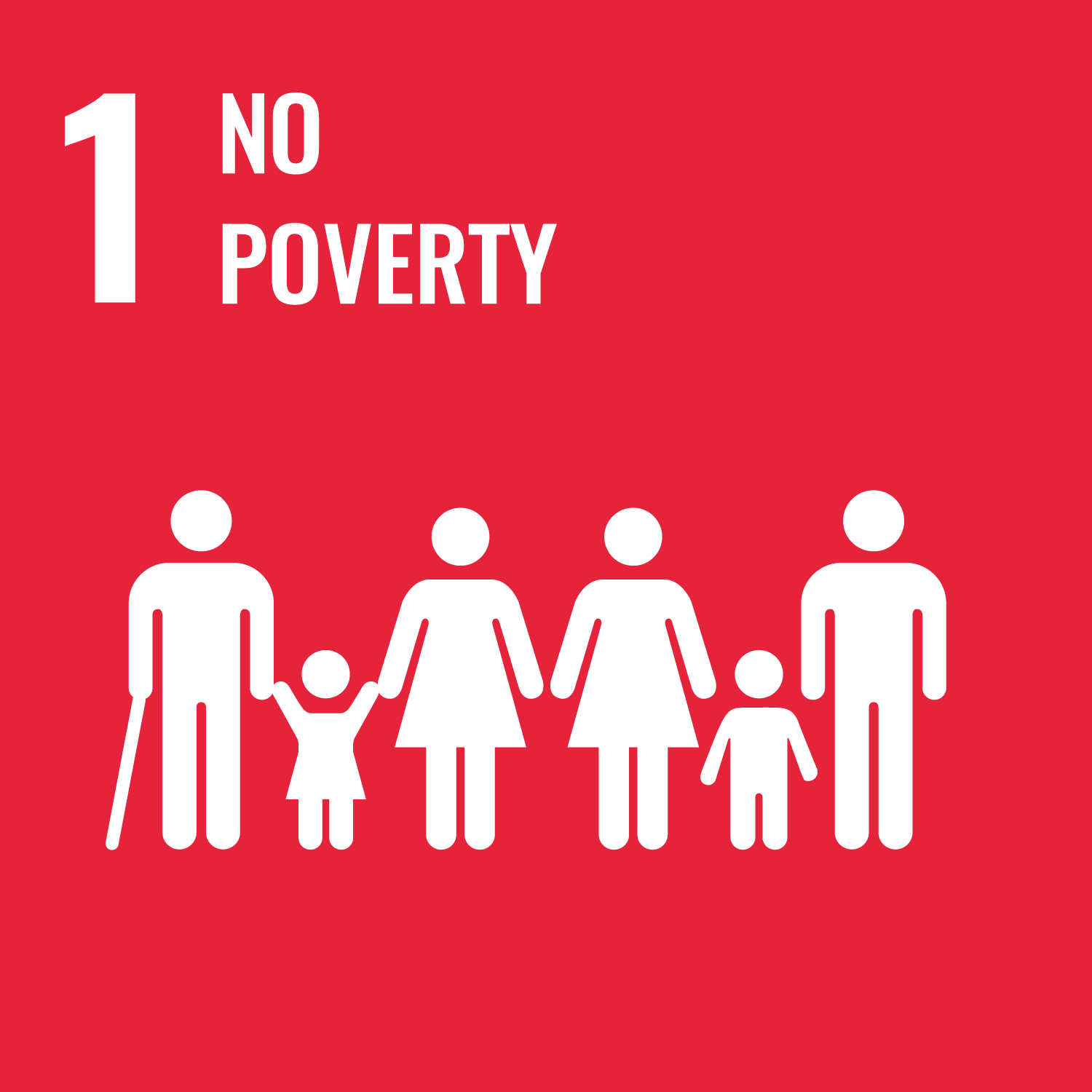PBL is "Problem Based Learning" or "Project Based Learning", which is a training to collaboratively solve a problem with other
members in a group.
Through the experience of discussion with students from overseas, this PBL provides the opportunity to acquire
-ability to communicate information and opinion,
-ability to understand information and opinion of other persons,
-leadership
which are required for global engineers.
Students attending Advanced Global PBL Ⅱ is expected to participate PBL more proactively based on the experience of Global PBL1.The students should make a plan, checked by a professor in charge before the internship. During the internship, they should keep a journal, make a report of what they learnt and experienced in the internship and make a presentation of outline of the reports. The contents of Internship (1)-(9) depend on the university/company. Before and after the internship, the students are expected to evaluate their competencies by means of CEFR/PROG. The students must attend a guidance before the internship.
Through the experience of discussion with students from overseas, this PBL provides the opportunity to acquire
-ability to communicate information and opinion,
-ability to understand information and opinion of other persons,
-leadership
which are required for global engineers.
Students attending Advanced Global PBL Ⅱ is expected to participate PBL more proactively based on the experience of Global PBL1.The students should make a plan, checked by a professor in charge before the internship. During the internship, they should keep a journal, make a report of what they learnt and experienced in the internship and make a presentation of outline of the reports. The contents of Internship (1)-(9) depend on the university/company. Before and after the internship, the students are expected to evaluate their competencies by means of CEFR/PROG. The students must attend a guidance before the internship.
To foster students who can communicate a little more complex information and opinion, can understand a little more complex
message and an opinionsubmitted by other students/engineers and can play a leading role.
- 1.Students can communicate a little more complex information and opinion in a global environment.
- 2.Students can understand a little more complex message and an opinion submitted by other students/engineers in a global environment.
- 3.Students can play a leading role in a global environment.
| PBL | Total. | |
|---|---|---|
| 1. | 33% | 33% |
| 2. | 33% | 33% |
| 3. | 34% | 34% |
| Total. | 100% | - |
| Class schedule | HW assignments (Including preparation and review of the class.) | Amount of Time Required | |
|---|---|---|---|
| 1. | Making a plan | E-learning, completion of a plan | 190minutes |
| 2. | Marshaling improvement points basedon the previous results of PROG/CEFRand self assessment and matching themto the plan | E-learning, writing a journal | 190minutes |
| 3. | PBL (1) Orientation | E-learning, writing a journal | 190minutes |
| 4. | PBL (2) Grouping and problem Definition | E-learning, writing a journal | 190minutes |
| 5. | PBL (3) Investigation | E-learning, writing a journal | 190minutes |
| 6. | PBL(4) Discussion of solution | E-learning, writing a journal | 190minutes |
| 7. | PBL (5) Summary of solution | E-learning, writing a journal | 190minutes |
| 8. | PBL (6) Midterm review | E-learning, writing a journal | 190minutes |
| 9. | PBL (7) Discussion reflecting thefeedback of the review | E-learning, writing a journal | 190minutes |
| 10. | PBL (8) Discussion | E-learning, writing a journal | 190minutes |
| 11. | PBL (9) Summary of discussion | E-learning, writing a journal | 190minutes |
| 12. | Writing a report and making apresentation material | e-learning, writing a report and making a presentation material | 190minutes |
| 13. | Making a presentation. | Excercise of a presentation, e-learning | 190minutes |
| 14. | Writing a overview report. After the PBL,the students are expected to assesstheir competencies by means ofCEFR/PROG and to plan self-improvement. | Planning self-improvement based on the result of CEFR and PROG | 190minutes |
| Total. | - | - | 2660minutes |
Evaluation during PBL :40%
Evaluation of a journal: 20%
Evaluation of a report: 20%
Evaluation of a presentation 20%
Evaluation of a journal: 20%
Evaluation of a report: 20%
Evaluation of a presentation 20%
A student should be learning/have learnt Basic level of an e-learning material, "Super English, Academic Express 2".
- Course that cultivates a basic interpersonal skills
- Course that cultivates a basic self-management skills
- Course that cultivates a basic problem-solving skills
- Course that cultivates an ability for utilizing knowledge
| Work experience | Work experience and relevance to the course content if applicable |
|---|---|
| N/A | N/A |




- 1.NO POVERTY
- 7.AFFORDABLE AND CLEAN ENERGY
- 13.CLIMATE ACTION
- 17.PARTNERSHIPS FOR THE GOALS
Last modified : Sat Jun 29 04:40:47 JST 2024
